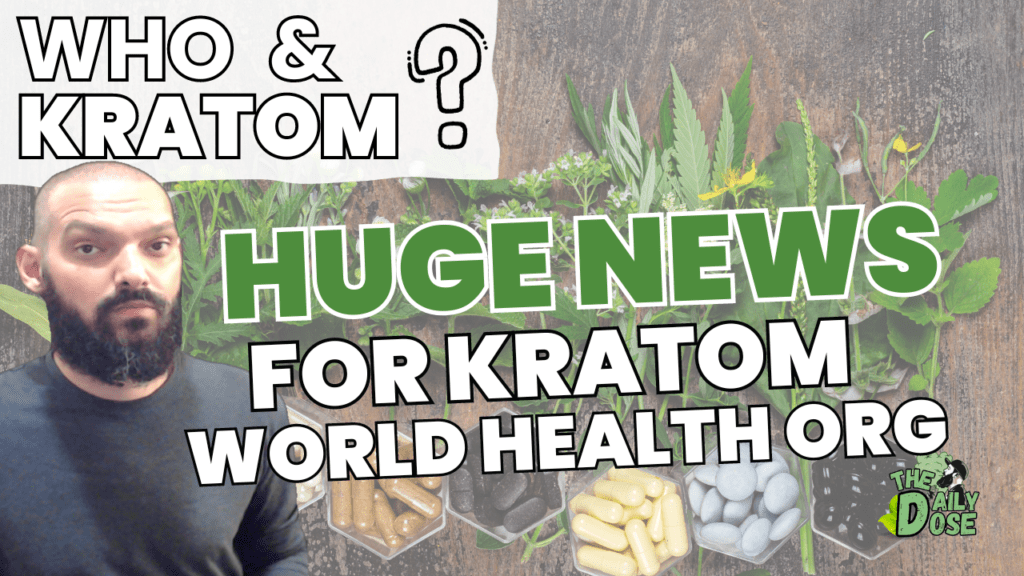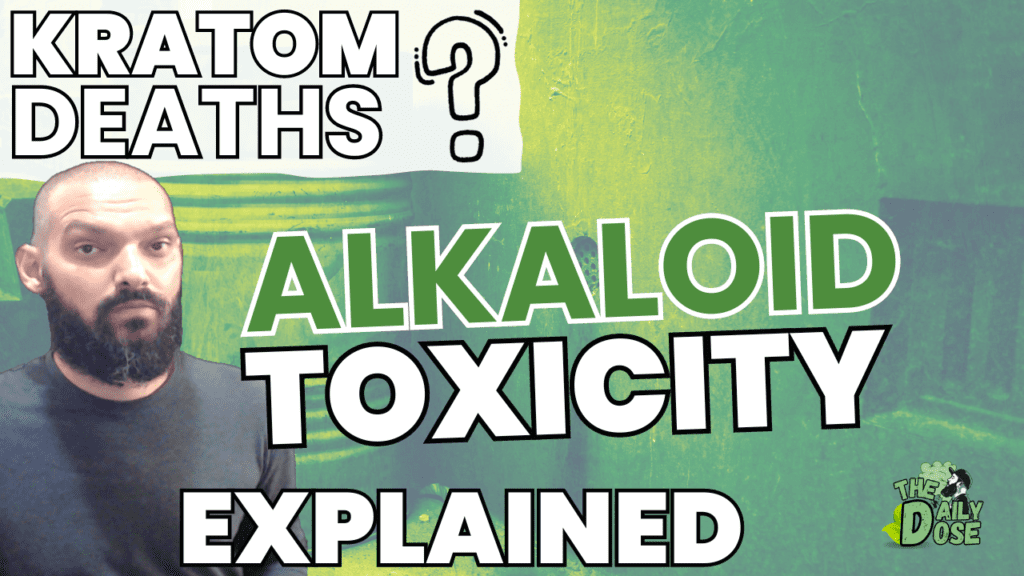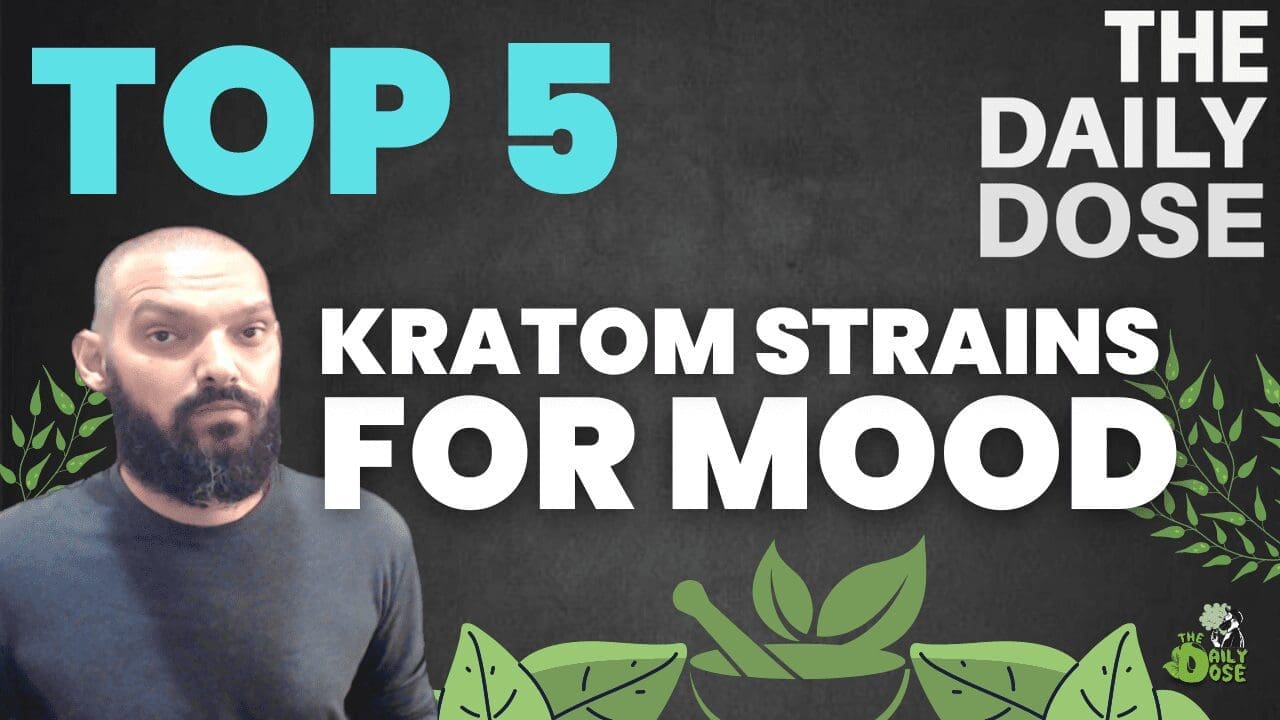Check out the full audio episode here The Daily Dose Podcast Audio
World Health Organization Kratom News Now
Introduction
Kratom, a plant-derived substance, has been a subject of extensive debate and scrutiny in recent years. Advocates and critics have been closely following its regulatory status, both nationally and internationally. In a surprising turn of events, the United Nations World Health Organization (WHO) recently decided not to recommend international control over kratom after conducting a scientific review.
This article delves into the details of this decision and explores the implications for the future regulation of kratom. Additionally, it discusses the benefits and concerns associated with kratom, public input and advocacy efforts, the regulatory landscape in the United States, congressional involvement, ongoing research, and the role of the Centers for Disease Control and Prevention (CDC).
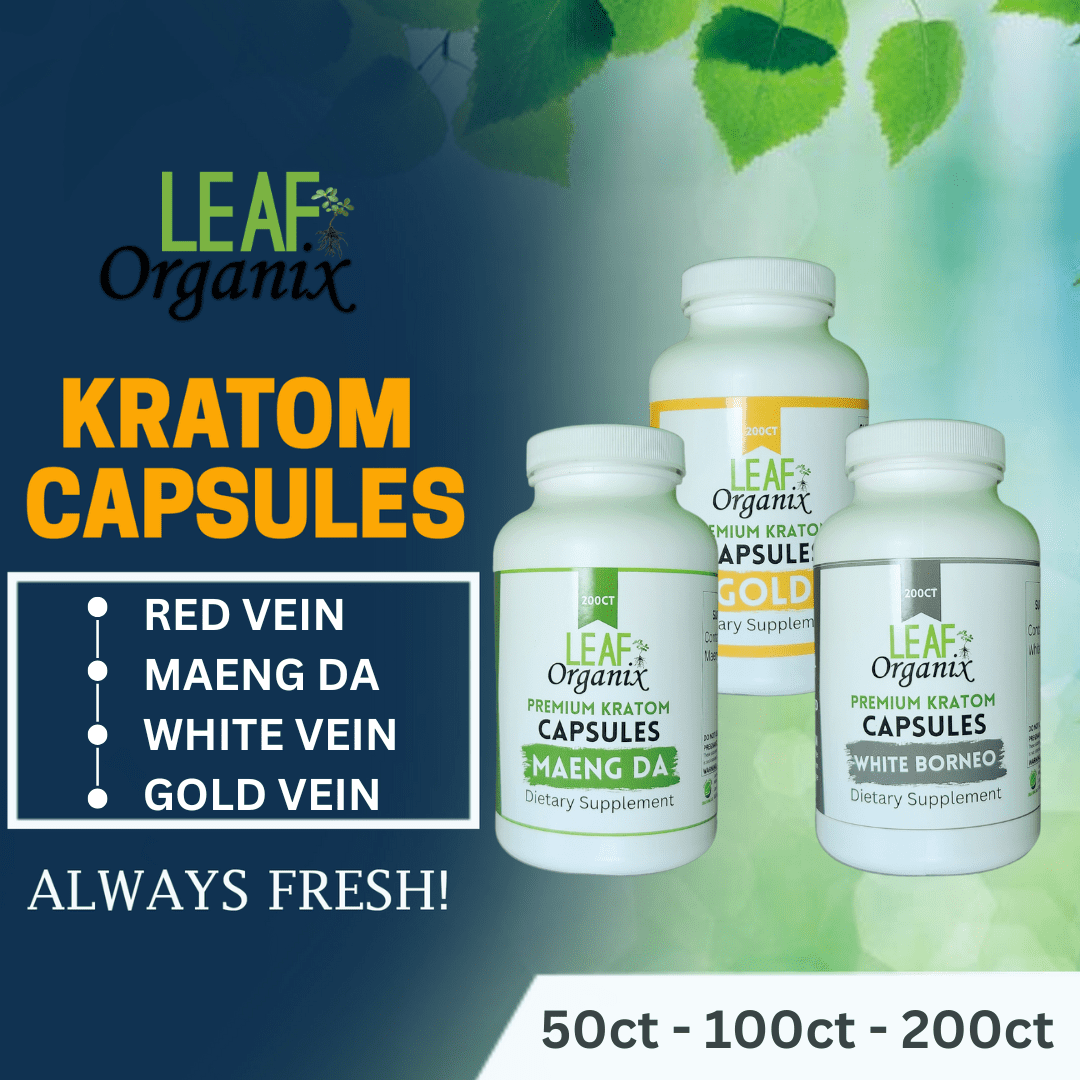
The UN WHO Decision on Kratom
The WHO’s Executive Committee on Drug Dependency (ECDD) was expected to consider recommending international control over kratom or initiating a critical review, which could potentially lead to its scheduling. However, the committee voted 11-1 in favor of monitoring data on the health impacts of kratom over the next two to three years.
This decision was influenced by a scientific review of the risk of dependence, abuse potential, and therapeutic applications of kratom. The committee concluded that there was “insufficient evidence” to warrant a critical review at this time. Kratom will continue to be under the surveillance of the WHO Secretariat, as it has been since 2020.
https://t.co/PuIH7M16Yb
— American Kratom Association (@TheKratomAssn) December 7, 2021
WHO ECDD RECOMMENDS AGAINST CRITICAL REVIEW
"The Committee concluded that there is insufficient evidence to recommend a critical review of kratom."
The Benefits and Concerns Surrounding Kratom
Kratom has gained popularity for its potential therapeutic uses. Many individuals report using it to self-medicate various disorders and conditions, including pain, opioid withdrawal, opioid use disorder, anxiety, and depression. In some countries, kratom is even incorporated into traditional medicine practices.
Advocates argue that it serves as a natural painkiller and a safer alternative to prescription opioids. However, there are also concerns regarding its safety and potential for abuse. These contrasting views have fueled the debate over its regulation.
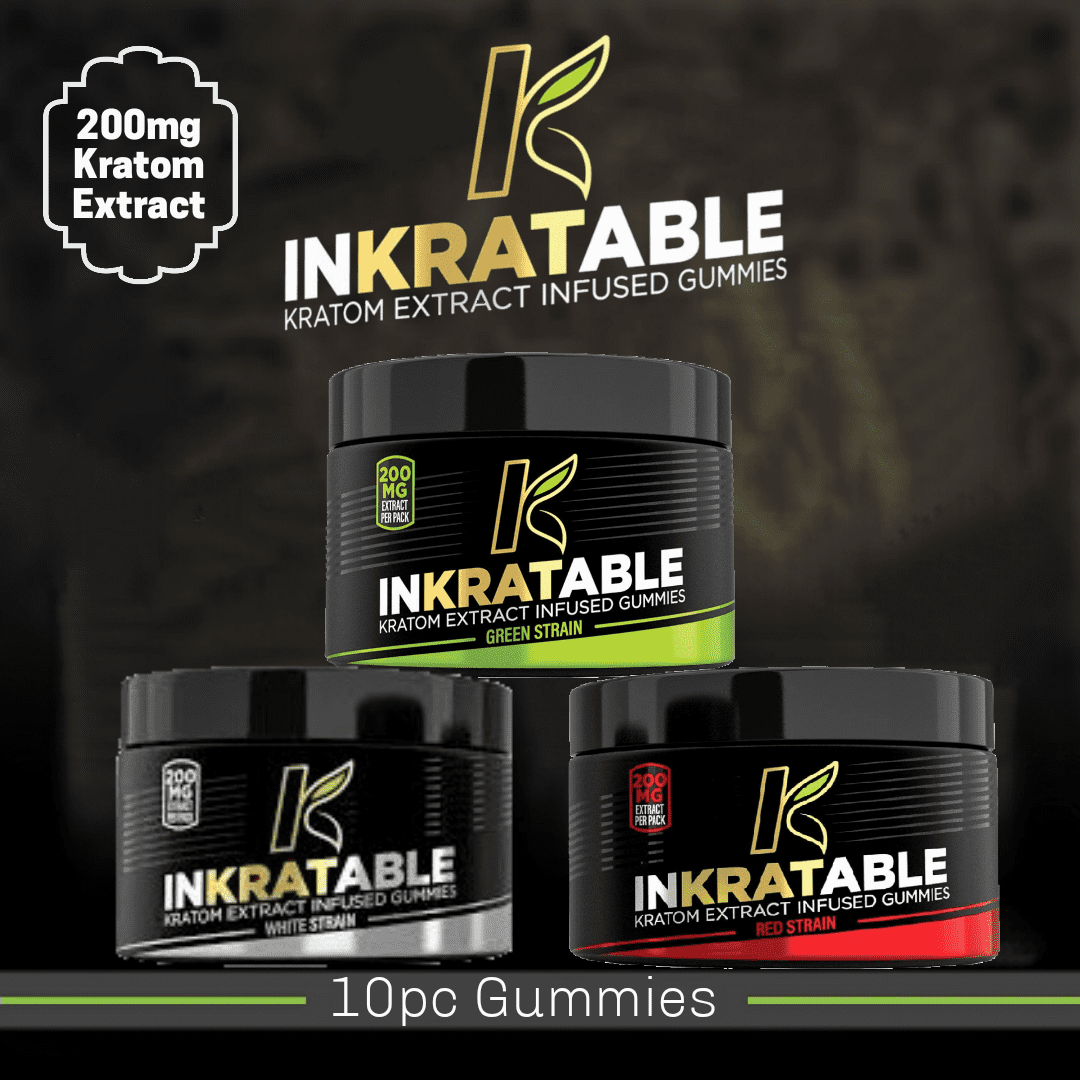
Public Input and Advocacy
What makes the decision by the ECDD even more remarkable is the significant public input it received. Approximately 80,000 people submitted comments to the committee, sharing their perspectives and experiences with kratom. This diverse range of voices contributed to the decision to continue monitoring rather than imposing strict controls.
Advocacy groups, such as the American Kratom Association (AKA), played a crucial role in raising awareness and rallying support for kratom’s continued availability.
The US Regulatory Landscape
In the United States, kratom is not currently scheduled under the federal Controlled Substances Act or under international drug treaties. The Food and Drug Administration (FDA) has considered implementing restrictions on kratom, citing safety concerns.
However, it has faced resistance and has been unable to do so at this point. The lack of federal regulation has given rise to concerns about the quality and safety of kratom products available in the market.
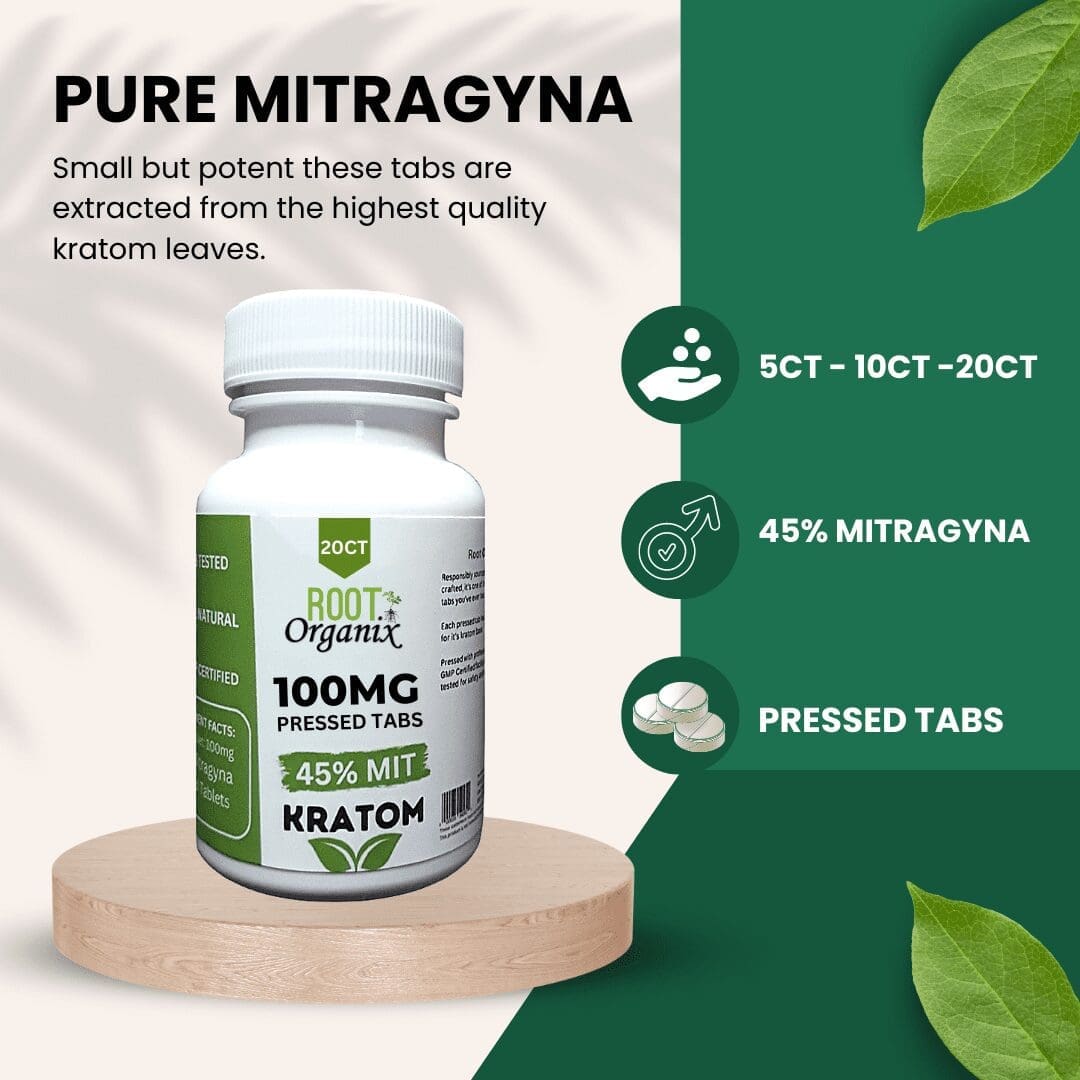
Congressional Involvement
A bipartisan and bicameral group of congressional lawmakers expressed their stance on the international regulation of kratom by sending a letter to the US Department of Health and Human Services and the country’s UN ambassador. They urged officials to resist efforts to impose an international ban on kratom. These lawmakers emphasized that there was no conclusive evidence warranting international control of kratom.
The House Appropriations Committee also weighed in on the issue, acknowledging the potential benefits of kratom for acute and chronic pain patients and its constituent compounds in opioid use disorder research. The committee directed the Health and Human Services secretary to continue to refrain from recommending kratom’s placement in Schedule I.
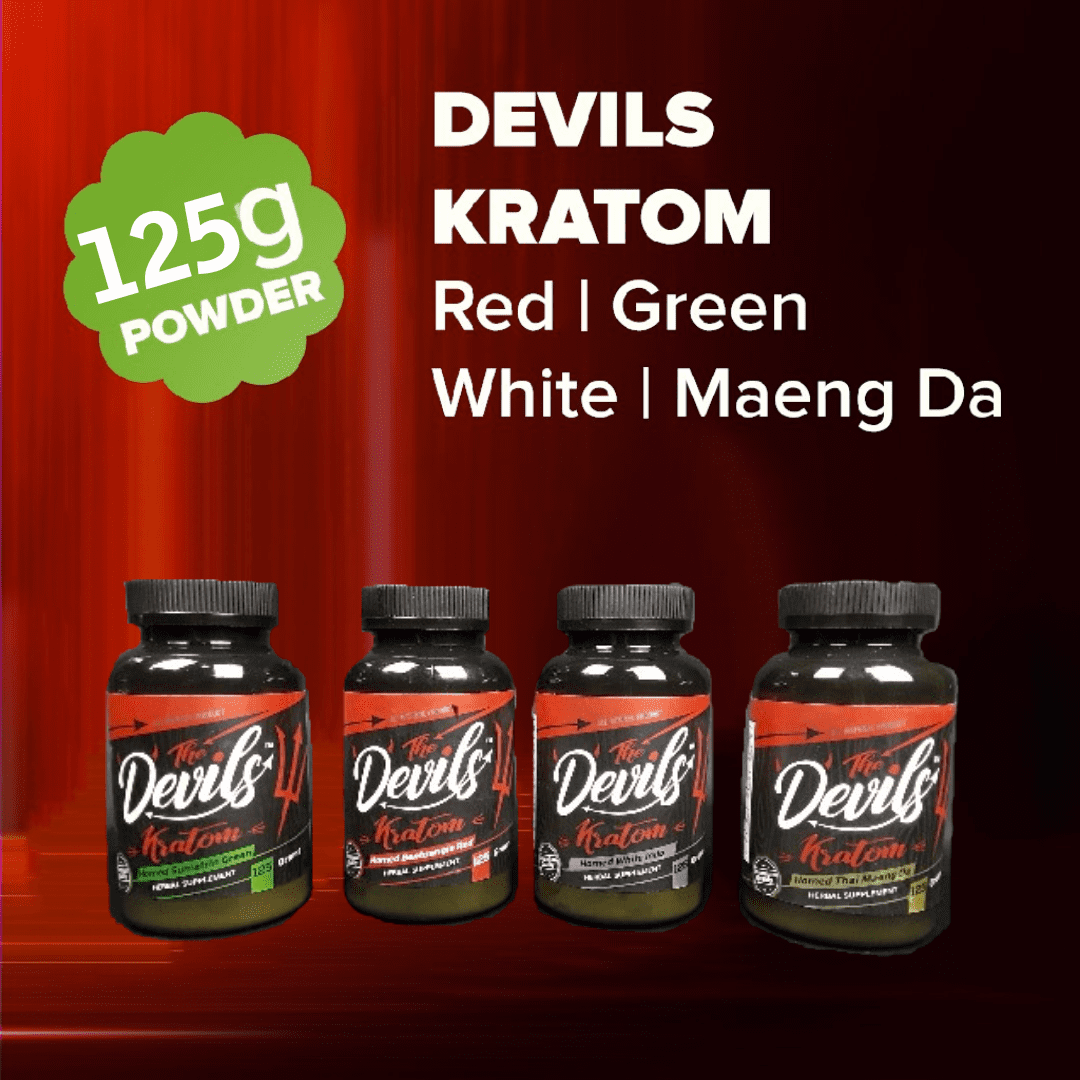
Ongoing Research and CDC Involvement
Research on kratom continues to evolve, with a growing emphasis on its potential risks and benefits. The Agency for Healthcare Research and Quality (AHRQ) sought public input to identify research specifically focused on cannabinoids and kratom, highlighting the importance of understanding these substances more comprehensively.
Furthermore, the CDC received over 1,000 comments concerning kratom as part of a public solicitation. This shows the public’s active engagement in providing insights and data to inform the ongoing discussion about kratom’s role in healthcare.
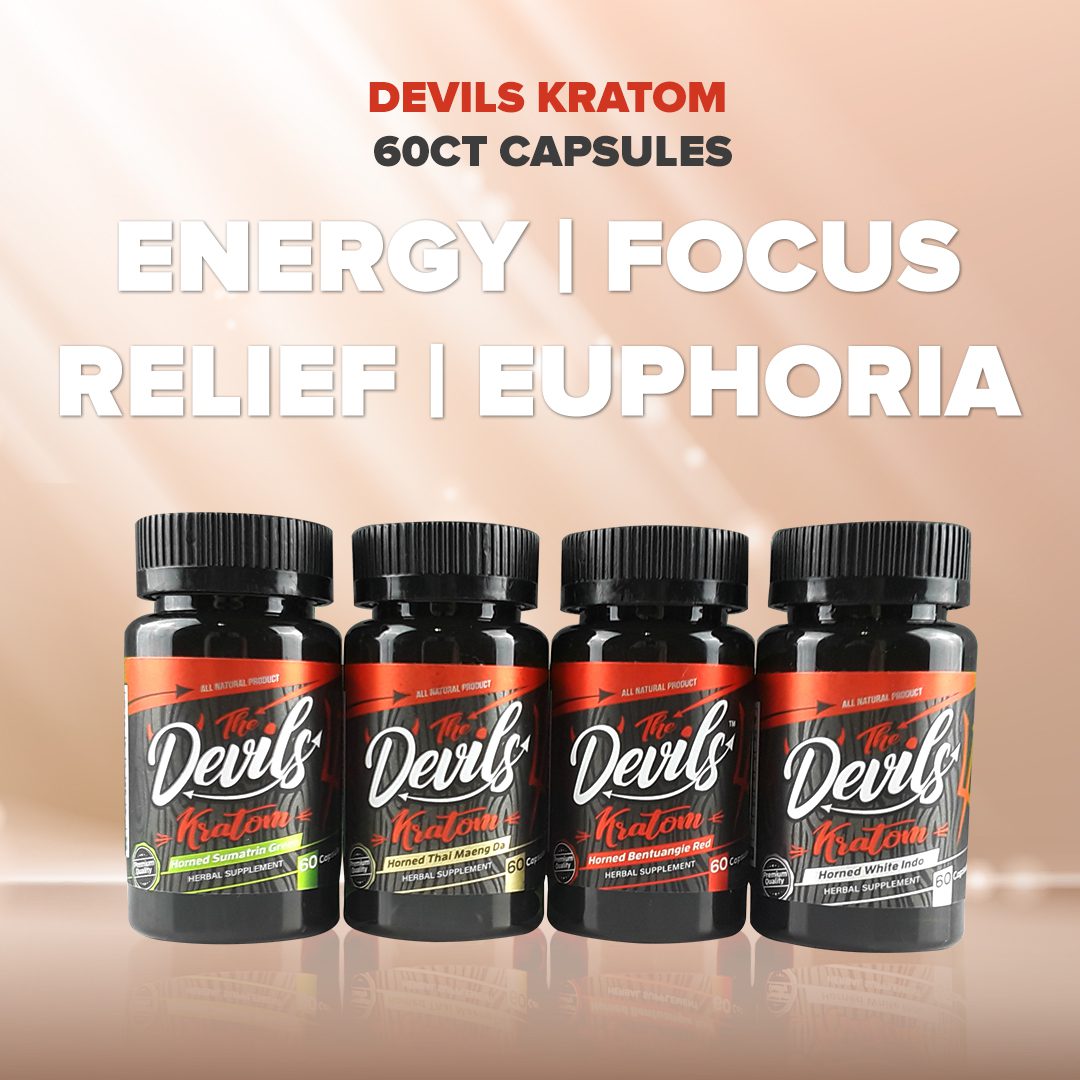
In Conclusion
The decision by the UN WHO not to recommend international control over kratom marks a significant moment in the ongoing debate about this plant-derived substance. With growing public input, advocacy efforts, and ongoing research, the future of kratom remains uncertain, but it is clear that the discussion surrounding its regulation will persist.
As we move forward, the key will be to strike a balance between harnessing its potential therapeutic benefits and addressing any legitimate safety concerns. The decision emphasizes the importance of continued monitoring and research to make informed and evidence-based decisions regarding the regulation of kratom.
FAQs
What is kratom?
Why did the WHO not recommend international control over kratom?
What is the stance of US lawmakers on kratom regulation?
What is the role of advocacy groups like the American Kratom Association?
Is there ongoing research on kratom?
Related Articles:
- What If Kratom Is Age Restricted To 21
- Kratom News: Understanding The Mis-Information
- Kratom News Now FDA And Information
- Kratom Alkaloid 7-Hydroxymitragynine: How It Works
- Kratom Hazards Recent Salmonella Outbreak
Meet The Author


